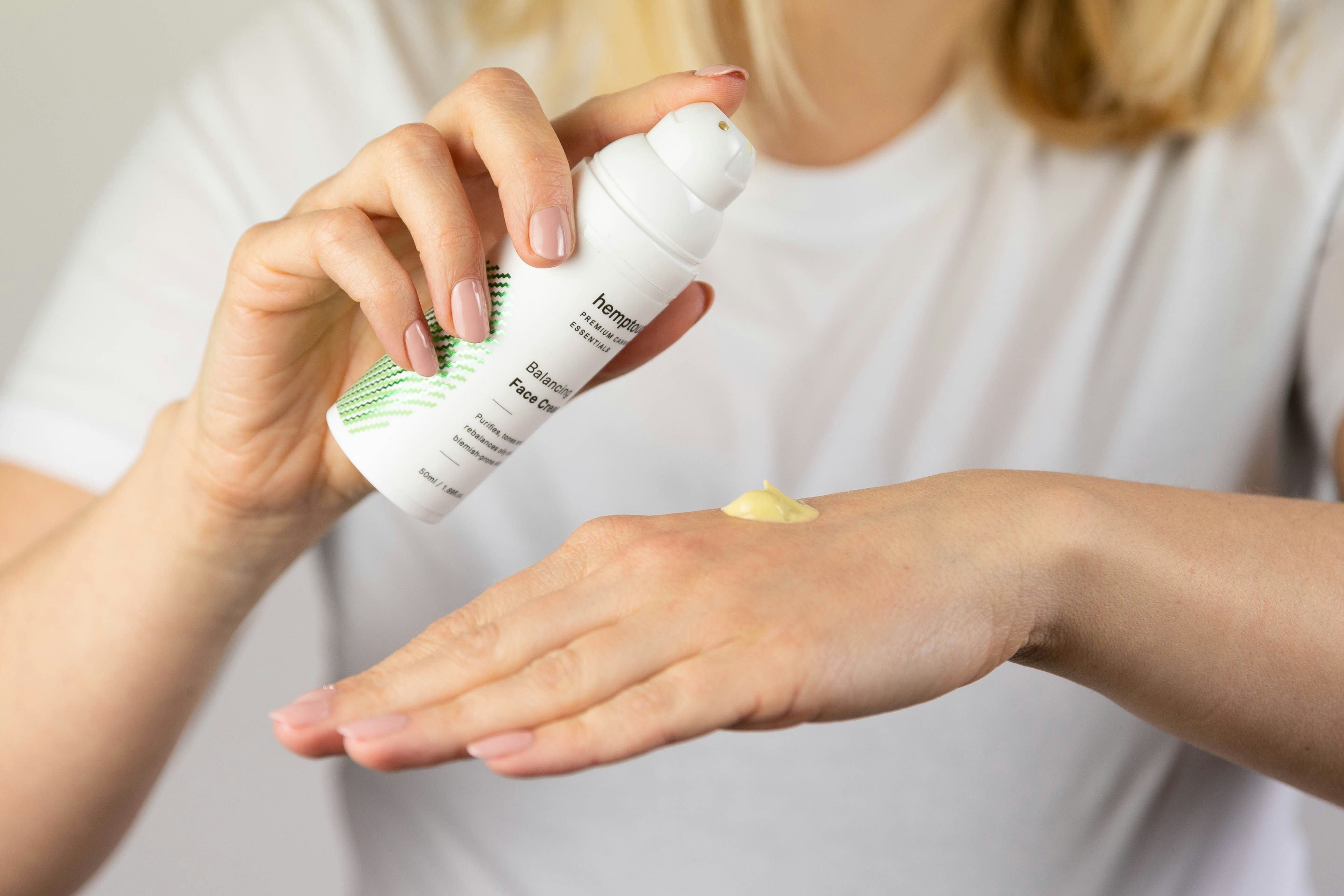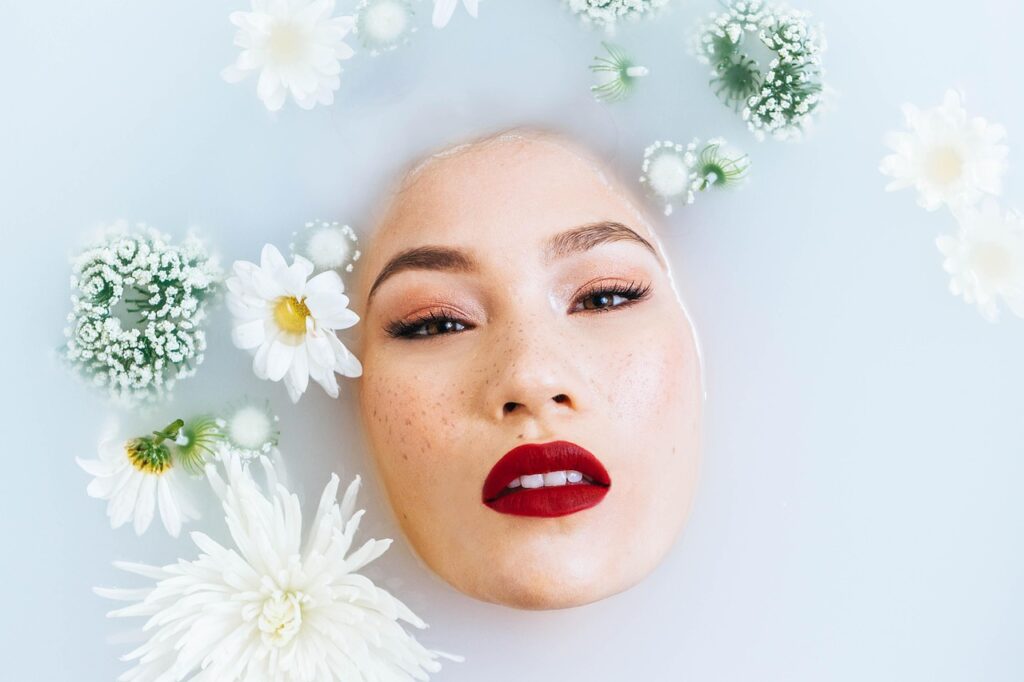What Fragrance Actually Means on Your Skincare Label
Fragrance on a skincare label isn’t always as upfront as it should be. It can be hiding behind terms like “parfum,” “aroma,” or even something that sounds harmless like “essential oils.” These aren’t just nice smelling extras they’re part of a much broader category. Current international regulations allow over 3,000 different compounds to fall under the simple word “fragrance.” That means a label can legally say “fragrance” and still include a chemical cocktail you’re not aware of.
One more thing to drop the assumptions about: natural doesn’t always mean better, and synthetic isn’t automatically bad. Both can cause irritation. Both can work fine for certain skin types. The key is how your skin responds not whether a compound was made in a lab or pulled from a plant. Bottom line: if you’re serious about skin health, don’t take “fragrance” at face value. Always dig deeper.
Common Reactions and Who’s Most at Risk
If your skin flares up easily, fragrance should be the first thing you cut. It’s one of the most common triggers of contact dermatitis a condition where skin becomes red, itchy, dry, or inflamed from coming into contact with an irritant or allergen. People with sensitive, acne prone, or reactive skin are especially at risk. The same goes for those dealing with compromised skin barriers.
The reactions aren’t one size fits all. Some experience mild itching or a rash. Others deal with long term irritation that weakens the skin’s barrier over time. If you’ve got rosacea, eczema, or chronic breakouts, fragranced products can make everything worse flares last longer, and recovery takes more effort.
Bottom line: Fragrance might smell good, but for a lot of people, it’s just not worth the risk.
What Dermatologists Say

If your skin leans sensitive, reactive, or acne prone, nearly every dermatologist will tell you the same thing: go fragrance free. There’s a reason for that. Fragrance whether synthetic or natural is one of the most common irritants in skincare. It can trigger a range of issues, from redness to full on barrier disruption, especially if your skin’s already compromised.
Just a heads up: “unscented” and “fragrance free” are not interchangeable. “Unscented” might still have masking agents (which are, ironically, types of fragrance) to cancel out odor. “Fragrance free” is the safer bet if you’re looking to minimize the risk of flare ups.
And if you’re trying something new? Always patch test. Dab a little product on a small area your inner arm or behind your ear, not your whole face. Wait a day. No reaction? Proceed.
Related read: How Dermatologists Treat Different Types of Acne
Why Brands Still Use Fragrance (And What to Watch For)
Let’s be real raw skincare ingredients don’t always smell great. Fragrance is the fix. Whether it’s a subtle floral note or a warm vanilla scent, brands use it to cover up the funk and give their formulas a more luxurious vibe. It’s marketing, mood setting, and masking all in one drop.
The problem? Even tiny amounts of fragrance can be irritating, especially if your skin’s on the sensitive side. We’re not just talking about obvious perfume essential oils, botanical extracts, and other “natural” additives can also be harsh. Many products labeled as “clean” or “green” still pack in fragrant components that trigger reactions in people with reactive or allergy prone skin.
Bottom line: a luxury feel shouldn’t come at the cost of your skin’s health. If your skin flares up often, or if you’re dealing with conditions like eczema or persistent acne, you might want to skip the scented stuff no matter how pretty the label sounds.
Safe Skincare Strategy in 2026
When it comes to skincare in 2026, less is more especially for your barrier. The smartest move is sticking with products labeled “fragrance free.” Not just “unscented,” which can mean the product still has masking agents, but clearly marked as having no added fragrance. Bonus points if the label goes one step further and says “no essential oils.”
If your skin barrier is already compromised think redness, stinging, flakiness you’re better off avoiding any formulas that try to do too much. Go for minimal, non sensitizing ingredients. No actives stacked on top of actives. No botanicals just for show. Keep it simple and straightforward.
Also, don’t put your trust in the front label alone. Marketing terms like “gentle,” “dermatologist tested,” or even “clean” don’t mean a thing without the ingredient list to back it up. Always check the INCI list on the back. If you can’t identify an ingredient, look it up before it goes on your face.
In a world full of overengineered formulas, protecting your skin starts with paying attention and staying disciplined about what you use.

